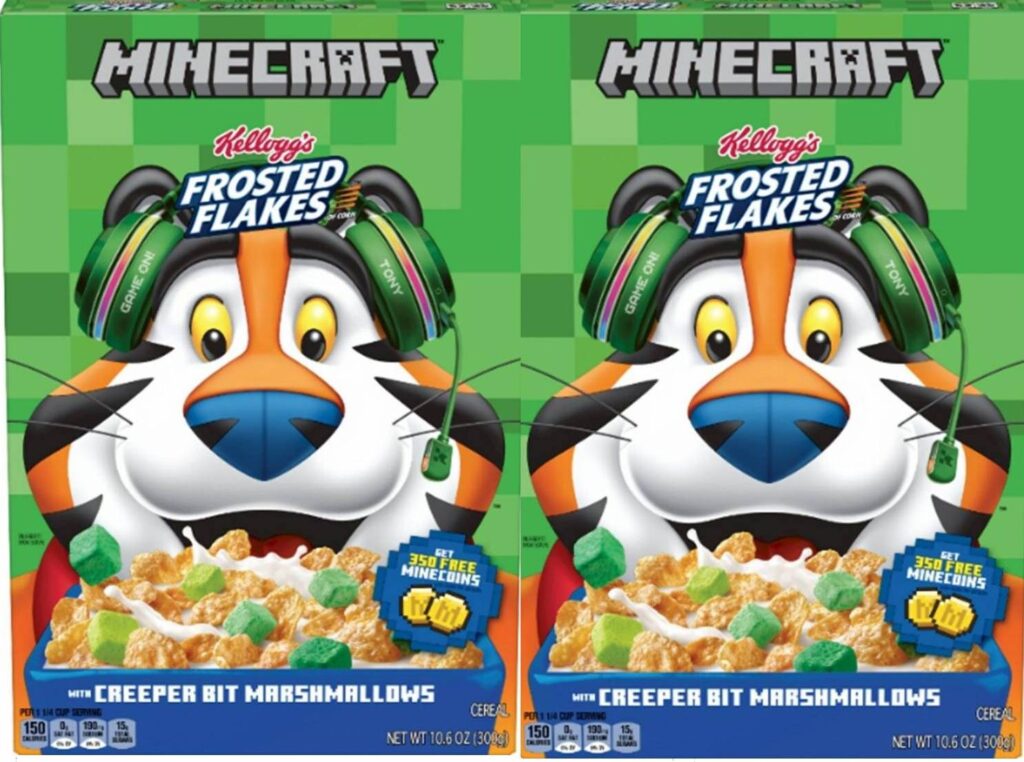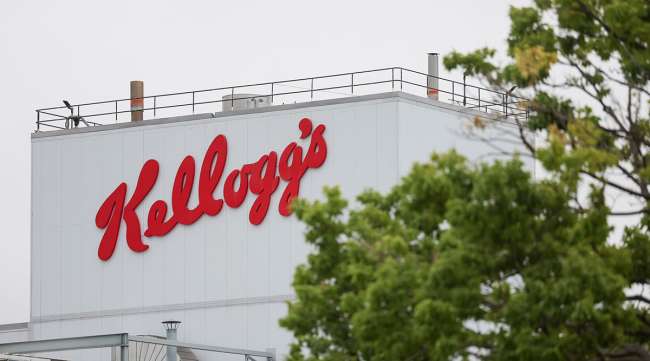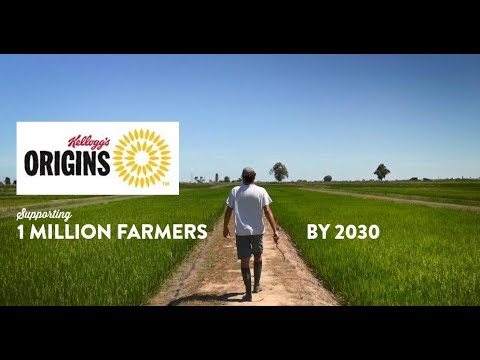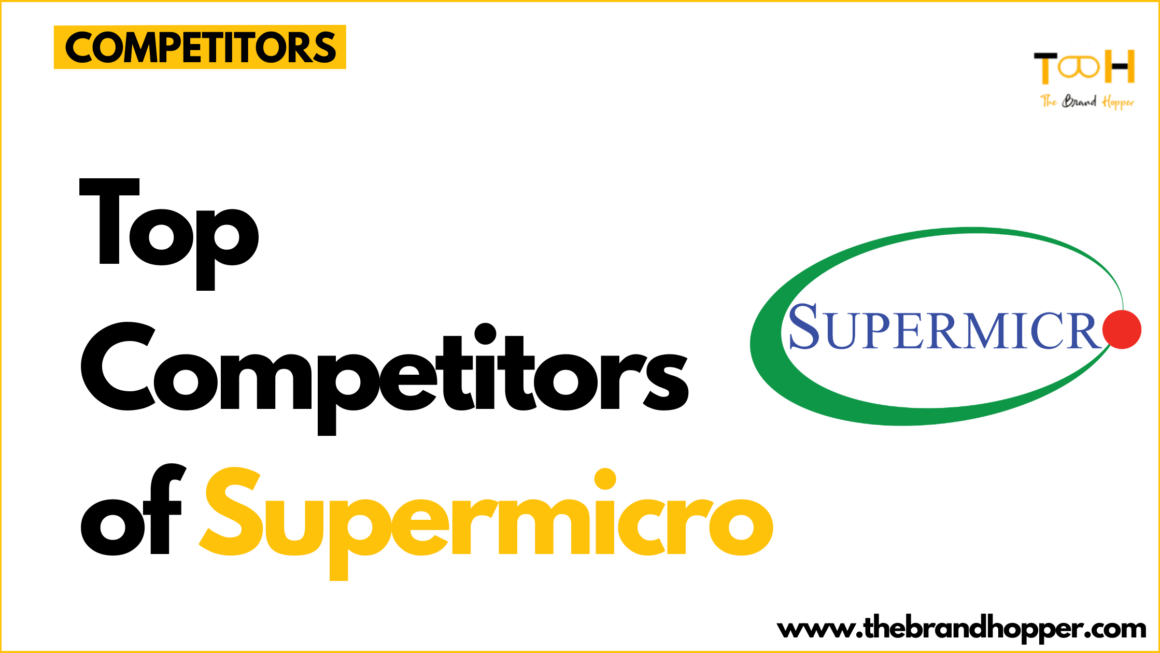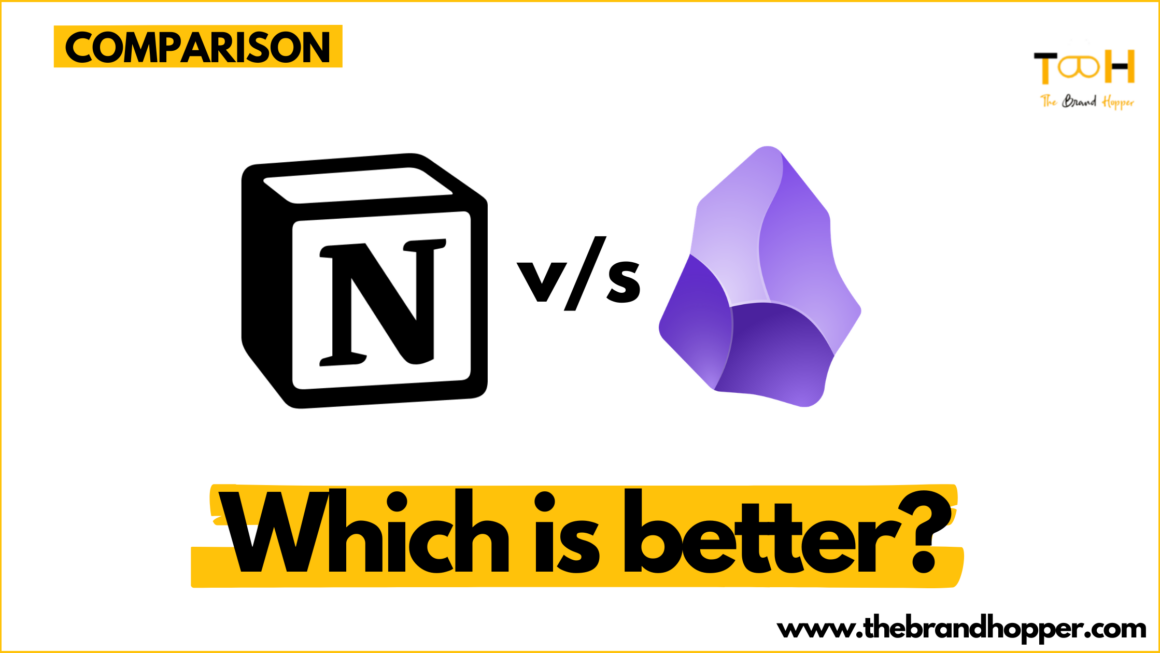The Kellogg Company, commonly known as Kellogg’s, is a multinational food manufacturing company headquartered in Battle Creek, Michigan, United States. Founded in 1906 by Will Keith Kellogg, the company has grown to become one of the world’s largest producers of cereal and convenience foods. Kellogg’s journey from a small health food company to a global powerhouse is a testament to American entrepreneurship and innovation in the food industry.
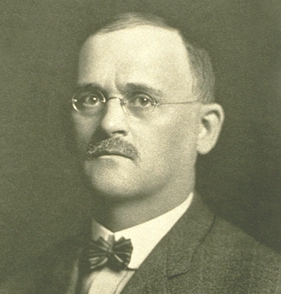
The roots of Kellogg’s can be traced back to the late 19th century when Will Keith Kellogg and his brother, Dr. John Harvey Kellogg, were running a sanitarium in Battle Creek, Michigan. The sanitarium promoted a lifestyle based on exercise, fresh air, and a healthy diet. It was here that the brothers accidentally discovered the process of making wheat flakes, which would eventually lead to the creation of Kellogg’s Corn Flakes, the company’s flagship product.
In 1894, the Kellogg brothers created their first flaked wheat cereal. However, it was Will who saw the commercial potential of this product beyond the sanitarium walls. In 1906, Will Keith Kellogg founded the Battle Creek Toasted Corn Flake Company, which would later become the Kellogg Company. The company’s first product was Kellogg’s Corn Flakes, which quickly gained popularity for its convenience and taste.
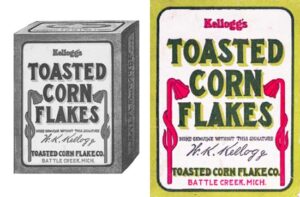
Kellogg’s success was built on a foundation of clever marketing and continuous innovation. Will Kellogg was a pioneer in advertising, being one of the first to use full-page newspaper ads and even placing the company’s first ad on the side of a barn. He also introduced the concept of premiums, offering free samples and prizes with purchases, a strategy that helped build brand loyalty.
The company expanded rapidly in its early years. By 1909, Kellogg’s was producing and selling over a million boxes of Corn Flakes per day. This success allowed for the introduction of new products, including All-Bran in 1916 and Rice Krispies in 1928. These innovations helped cement Kellogg’s position as a leader in the breakfast cereal market.
Kellogg’s international expansion began in the 1920s with the establishment of manufacturing facilities in Canada and England. This marked the beginning of the company’s transformation into a global brand. Today, Kellogg’s products are manufactured in 18 countries and marketed in over 180 countries worldwide.
Throughout its history, Kellogg’s has demonstrated a commitment to nutrition and health. In 1923, the company became the first in the food industry to hire a registered dietitian. This focus on nutrition has continued to be a core part of the company’s identity, with ongoing efforts to improve the nutritional profile of its products.
The mid-20th century saw Kellogg’s diversify beyond cereals. In 1970, the company acquired Eggo frozen waffles, and in 2001, it purchased Keebler Foods Company, significantly expanding its snack food offerings. Other notable acquisitions include Pringles from Procter & Gamble in 2012, which further strengthened Kellogg’s position in the global snacks market.
Kellogg’s has not been immune to challenges, particularly in recent years as consumer preferences have shifted towards healthier, less processed foods. In response, the company has made efforts to adapt its product lineup, introducing more nutritious options and acquiring brands that align with current health trends. For example, in 2017, Kellogg’s acquired RXBAR, a protein bar company known for its simple, whole food ingredients.
Sustainability has become an increasingly important focus for Kellogg’s in the 21st century. The company has set ambitious goals to reduce its environmental impact, including commitments to responsible sourcing, reducing greenhouse gas emissions, and minimizing food waste. Kellogg’s has also been working to improve the sustainability of its packaging, aiming to make all of its packaging reusable, recyclable, or compostable by 2025.
In terms of corporate social responsibility, Kellogg’s has been active in various initiatives. The company’s Breakfasts for Better Days global signature cause platform, launched in 2013, aimed to provide 2.5 billion servings of food to people in need by 2030. Kellogg’s has also been recognized for its efforts in diversity and inclusion, consistently ranking high on lists of the best companies for women and minorities.
As of 2023, Kellogg’s is undergoing a significant transformation. The company announced plans to split into three independent public companies, focusing on global snacking, North American cereal, and plant-based foods. This strategic move aims to enable each business to unlock its full standalone potential and better position each for future success.
Throughout its history, Kellogg’s has remained true to its founder’s vision of providing tasty, nutritious, and convenient foods. From its humble beginnings in Battle Creek to its current status as a global food giant, Kellogg’s has played a significant role in shaping breakfast habits around the world. As it moves into its next chapter, the company continues to evolve, striving to meet changing consumer needs while maintaining the quality and innovation that have been hallmarks of the Kellogg’s brand for over a century.
Marketing Strategies of Kellogg’s
Kellogg’s employs diverse and dynamic marketing strategies to maintain its market dominance and grow its brand appeal. Its marketing mix reflects a combination of product innovation, branding, consumer engagement, and digital outreach, all designed to target a broad and varied consumer base. Here’s an in-depth look at Kellogg’s core marketing strategies:
1. Product Innovation and Portfolio Diversification
Kellogg’s has strategically focused on product innovation and portfolio diversification as central elements of its marketing strategy to adapt to changing consumer preferences and market dynamics. By continuously introducing new products and reformulating existing ones, Kellogg’s aims to meet the demands of health-conscious consumers while expanding its market reach. For instance, the launch of the Kashi brand, which emphasizes whole grains and plant-based ingredients, reflects Kellogg’s commitment to catering to the growing demand for nutritious and organic food options. This diversification not only broadens Kellogg’s product portfolio but also enhances its appeal among health-focused consumers who prioritize wholesome ingredients.
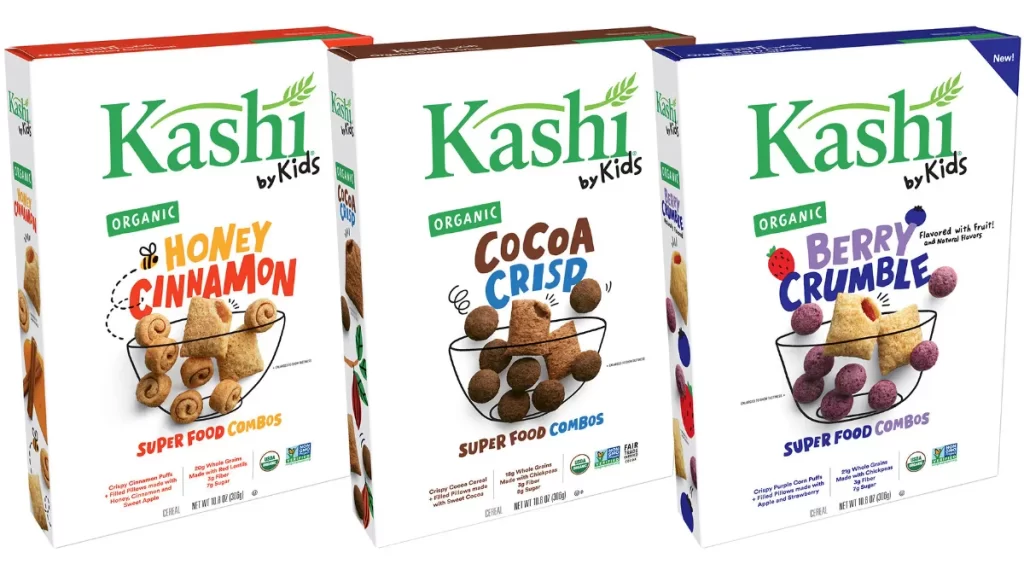
Moreover, Kellogg’s has embraced innovation in its product offerings by tapping into emerging trends such as plant-based diets and convenience foods. The introduction of the “Eggo Waffle” line, featuring flavors like Maple Syrup and Chocolate Chip, is an example of how Kellogg’s innovates to attract younger consumers looking for quick and tasty breakfast options. Additionally, the company has launched a range of Nutri-Grain bars that cater to busy lifestyles while providing essential nutrients. These innovations are supported by targeted marketing campaigns that highlight the convenience and nutritional benefits of these products, effectively positioning Kellogg’s as a go-to brand for modern consumers seeking quick yet healthy meal solutions.
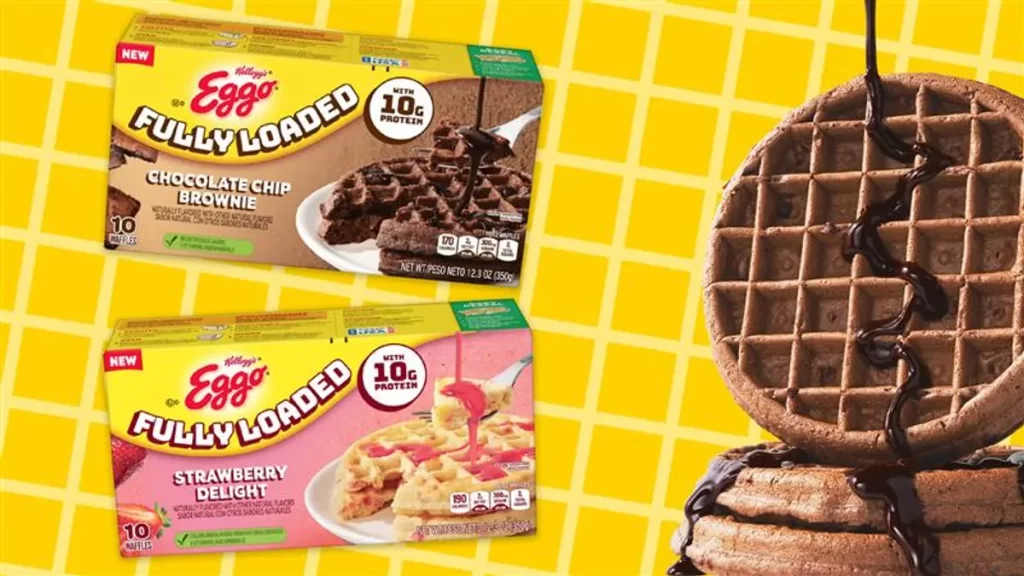
Kellogg’s also leverages partnerships and collaborations to enhance its product innovation strategy. The collaboration with popular brands like Minecraft for special edition cereals illustrates how Kellogg’s can engage younger audiences through culturally relevant marketing initiatives. This partnership not only drives excitement around the brand but also taps into the gaming community, creating a unique consumer experience that blends nostalgia with contemporary interests. By focusing on product innovation and portfolio diversification, Kellogg’s effectively addresses evolving consumer needs while maintaining its competitive edge in the dynamic food industry.
2. Targeted Branding and Messaging
Kellogg’s has effectively implemented targeted branding and messaging as a core marketing strategy to resonate with diverse consumer segments. By understanding the unique needs and preferences of various demographic groups, Kellogg’s tailors its products and marketing campaigns to create a strong emotional connection with consumers. For example, the company has developed specific lines of cereals aimed at children, such as Froot Loops and Frosted Flakes, which feature vibrant packaging and engaging mascots like Toucan Sam and Tony the Tiger. These characters not only capture children’s attention but also reinforce positive brand associations, making breakfast fun and enjoyable. This targeted approach ensures that Kellogg’s remains relevant in the competitive breakfast market while fostering brand loyalty from an early age.
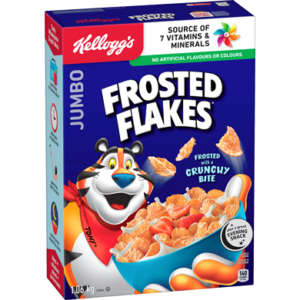
In addition to appealing to children, Kellogg’s has recognized the growing trend of health-conscious consumers and has adapted its messaging accordingly. The “Better Starts Here” campaign emphasizes the nutritional benefits of its products, focusing on whole grains, fiber, and low sugar options. This initiative aligns with the values of health-oriented consumers who seek nutritious breakfast choices. For instance, Kellogg’s has reformulated many of its cereals to reduce sugar content while promoting their whole grain benefits, effectively addressing consumer concerns about health and wellness. By communicating these messages through various channels, including social media and influencer partnerships, Kellogg’s successfully engages a broader audience looking for healthier options.
3. Health and Wellness Positioning
Kellogg’s has strategically positioned itself as a leader in the health and wellness space, recognizing the growing consumer demand for nutritious food options. The company has made significant strides in reformulating its products to reduce sugar content and increase whole grain offerings, reflecting its commitment to providing healthier choices. For instance, the introduction of Kashi, a brand that emphasizes plant-based ingredients and minimal processing, has allowed Kellogg’s to tap into the lucrative market for organic and natural foods. This diversification not only broadens the company’s product portfolio but also enhances its appeal among health-conscious consumers who prioritize clean labels and wholesome ingredients.
Moreover, Kellogg’s has launched targeted marketing campaigns to highlight the nutritional benefits of its products. The “Open for Breakfast” initiative, for example, aimed to address consumer concerns about the healthfulness of cereals by inviting transparency and dialogue. Through this campaign, Kellogg’s positioned itself as a brand that is open and trustworthy, committed to providing nutritious options that support a balanced lifestyle. Additionally, the company’s partnership with organizations like the American Heart Association reinforces its dedication to promoting heart health and wellness through its foods.
Furthermore, Kellogg’s has embraced innovation in product development to cater to evolving consumer preferences. The launch of Special K Nourish, a cereal featuring quinoa and coconut, demonstrates the company’s ability to adapt to trends like ancient grains and plant-based proteins. By continuously introducing new products that align with health and wellness trends, Kellogg’s ensures that it remains relevant and appealing to a broad range of consumers seeking convenient and nutritious breakfast options. Through its multifaceted approach to health and wellness positioning, Kellogg’s effectively differentiates itself in a competitive market while fostering consumer trust and loyalty.
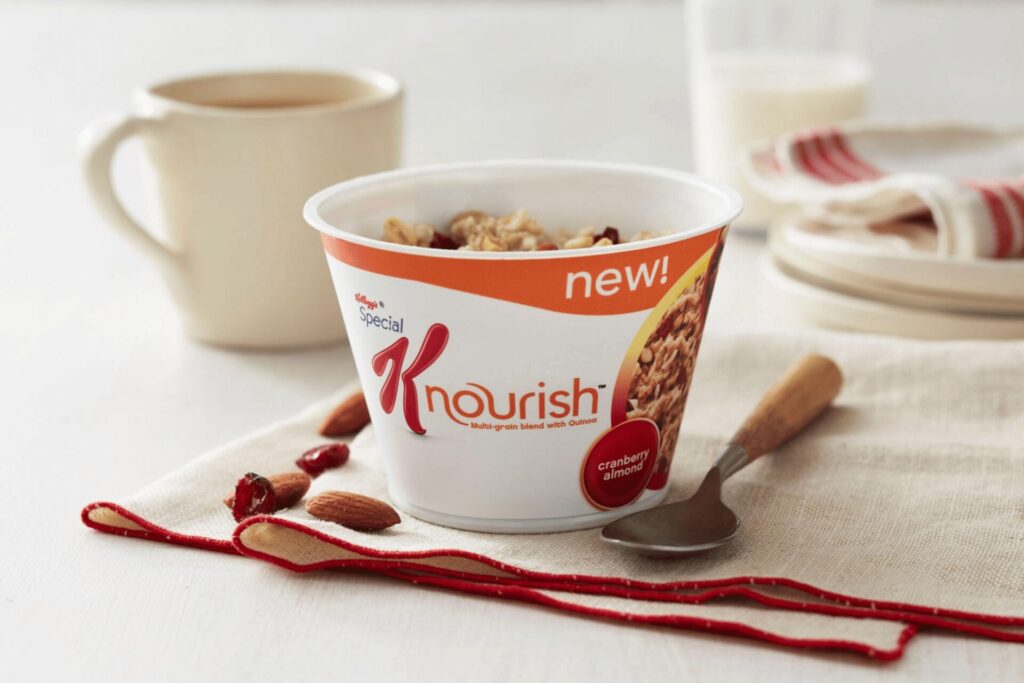
4. Strategic Advertising and Celebrity Endorsements
Kellogg’s has strategically employed advertising and celebrity endorsements as key components of its marketing strategy to enhance brand visibility and appeal to diverse consumer segments. By partnering with well-known personalities, Kellogg’s effectively leverages their influence to connect with audiences on a personal level. A notable example is the collaboration with chef Christina Tosi, founder of Milk Bar, who has been featured in campaigns promoting the nutritional benefits of Kellogg’s cereals when paired with milk. This partnership not only highlights the health aspects of the products but also aligns Kellogg’s with a trendy culinary figure, making the brand more relatable to younger consumers who value authenticity and expertise in food.
In addition to culinary partnerships, Kellogg’s has utilized sports figures to reinforce its brand messaging around health and wellness. The “Mission Tiger” initiative, which features NBA star Ben Simmons as a spokesperson, focuses on funding middle school sports programs and promoting physical activity among children. This campaign emphasizes Kellogg’s commitment to supporting youth sports while leveraging Simmons’ popularity to engage parents and children alike. By associating its brand with positive role models in sports, Kellogg’s not only enhances its image but also fosters a connection with families that prioritize active lifestyles.
https://www.youtube.com/watch?v=rYgVn3Rxy-8
Furthermore, Kellogg’s has successfully integrated digital platforms into its advertising strategy, amplifying the reach of its celebrity endorsements. Campaigns like “Share Your Breakfast,” which encouraged consumers to post photos of their breakfast on social media, utilized influencers and celebrities to drive engagement and awareness. For every photo shared, Kellogg’s pledged to donate meals to children in need, combining social responsibility with effective marketing. This approach not only increased brand visibility but also created a community around the brand by encouraging participation in a meaningful cause. By strategically employing celebrity endorsements and innovative advertising campaigns, Kellogg’s effectively strengthens its market presence while resonating with consumers’ values and interests.
5. Sustainability and Corporate Social Responsibility (CSR)
Kellogg’s has made sustainability and corporate social responsibility (CSR) integral to its marketing strategy, reflecting a commitment to environmental stewardship and community well-being. The company has set ambitious goals, such as achieving 100% reusable, recyclable, or compostable packaging by the end of 2025. This initiative aligns with Kellogg’s broader sustainability commitment, which emphasizes reducing waste and minimizing its environmental footprint. For example, Kellogg has already transitioned many of its packaging materials to more sustainable options, including the introduction of recycle-ready materials for cereal pouches in Europe, which is expected to eliminate approximately 480 tonnes of non-recyclable packaging from its supply chain annually. By promoting these efforts, Kellogg’s not only enhances its brand image but also appeals to environmentally conscious consumers who prioritize sustainable practices.
In addition to packaging initiatives, Kellogg’s actively engages in programs that support sustainable agriculture and improve food systems. Through its Kellogg’s Origins™ program, the company has supported over 440,000 farmers worldwide in adopting sustainable and regenerative agricultural practices. This initiative not only helps mitigate greenhouse gas emissions but also fosters long-term relationships with farmers, ensuring a stable supply chain while promoting environmental sustainability. Furthermore, Kellogg’s collaboration with organizations like The Nature Conservancy aims to incentivize conservation practices among farmers, demonstrating the company’s commitment to improving soil health and water quality. These partnerships enhance Kellogg’s reputation as a responsible corporate citizen dedicated to making a positive impact on both the environment and local communities.
Kellogg’s CSR strategy also focuses on addressing food insecurity and promoting nutrition education. The company’s “Mission Tiger” initiative aims to reach millions of children through sports and learning programs while providing access to nourishing foods. This program reflects Kellogg’s commitment to social responsibility by tackling hunger and encouraging active lifestyles among youth. Additionally, Kellogg’s partnerships with schools to create breakfast clubs further emphasize its dedication to ensuring children receive nutritious meals. By integrating sustainability and CSR into its core business practices, Kellogg’s not only strengthens its brand loyalty among consumers but also fosters a sense of community and shared values that resonate deeply with today’s socially conscious shoppers.
6. Omnichannel Retail Strategy
Kellogg’s has effectively implemented an omnichannel retail strategy as a key component of its marketing approach, recognizing the need to provide a seamless shopping experience across various platforms. By integrating online and offline channels, Kellogg’s ensures that consumers can easily access their products regardless of where they choose to shop. For instance, the company has strengthened its e-commerce presence by partnering with major online retailers like Amazon and Walmart, allowing customers to purchase their favorite cereals and snacks with just a few clicks. This strategic focus on online availability is complemented by in-store promotions that encourage consumers to engage with Kellogg’s products directly, creating a cohesive shopping experience that caters to diverse consumer preferences.
In addition to enhancing its online retail presence, Kellogg’s has utilized data analytics to inform its omnichannel strategy and better understand consumer behavior. By analyzing purchasing patterns and consumer feedback from both digital and physical stores, Kellogg’s can tailor its marketing efforts to meet the specific needs of different segments. For example, during the COVID-19 pandemic, Kellogg’s quickly adapted its marketing campaigns to emphasize the convenience and safety of purchasing products online while also promoting bulk purchasing options for families. This responsiveness not only demonstrated Kellogg’s agility in addressing market changes but also reinforced its commitment to meeting consumer needs during challenging times.
7. Partnerships and Collaborations
Kellogg’s has strategically embraced partnerships and collaborations as a vital marketing strategy to enhance its brand visibility and expand its product offerings. By aligning with other well-known brands and organizations, Kellogg’s effectively taps into new consumer segments and leverages shared values to drive engagement. A notable example is the collaboration with Cinnabon, which resulted in the launch of Cinnabon-flavored cereals. This partnership not only attracted fans of the beloved cinnamon roll but also appealed to consumers looking for indulgent breakfast options. By merging the iconic flavors of Cinnabon with its cereal line, Kellogg’s successfully created a buzz in the market, showcasing how strategic partnerships can lead to innovative product development.
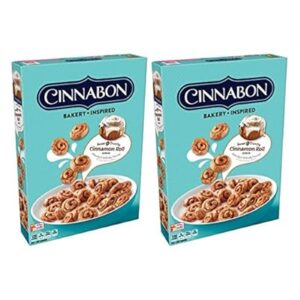
In addition to flavor collaborations, Kellogg’s has engaged in partnerships that emphasize social responsibility and community engagement. The “Share Your Breakfast” campaign exemplifies this approach, where Kellogg’s pledged to donate a meal for every photo shared on social media featuring their breakfast products. This initiative not only raised awareness about childhood hunger but also fostered a sense of community among consumers who participated in the campaign. By aligning its marketing efforts with a meaningful cause, Kellogg’s strengthened its brand image while demonstrating a commitment to social issues that resonate with its audience.
Moreover, Kellogg’s has utilized partnerships to enhance its digital marketing efforts and reach younger consumers through innovative channels. The collaboration with popular video game franchises like Minecraft for Cheez-It and Pringles products allowed Kellogg’s to engage with a younger demographic in a fun and interactive way. This partnership included limited-edition packaging and promotional events that captured the attention of gamers and snack enthusiasts alike. By integrating its products into the gaming culture, Kellogg’s not only expanded its reach but also reinforced its relevance in an increasingly competitive market. Through these strategic partnerships and collaborations, Kellogg’s effectively enhances its marketing strategy while building lasting connections with consumers across various platforms.
